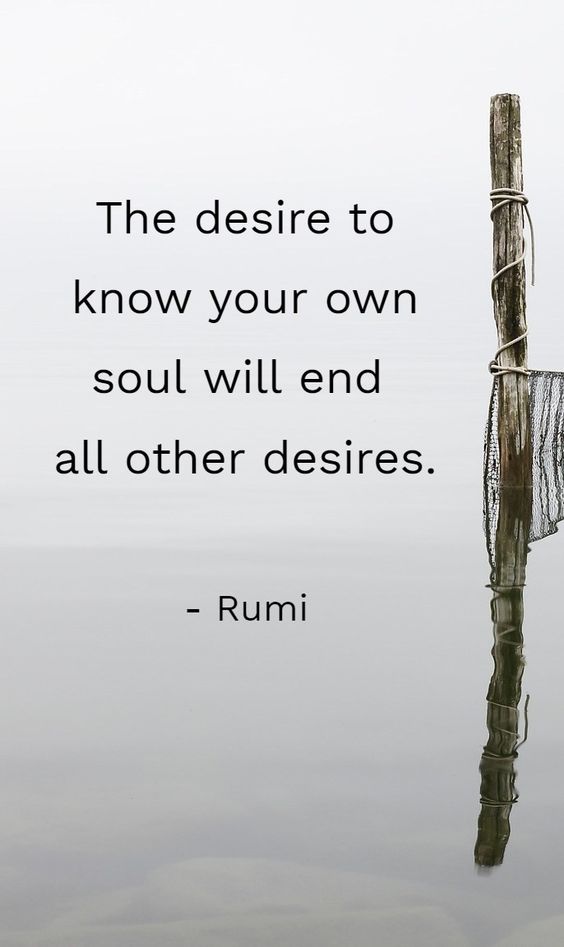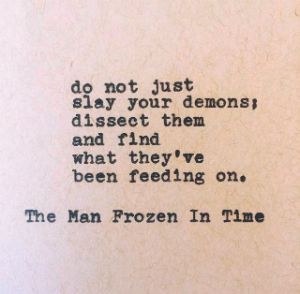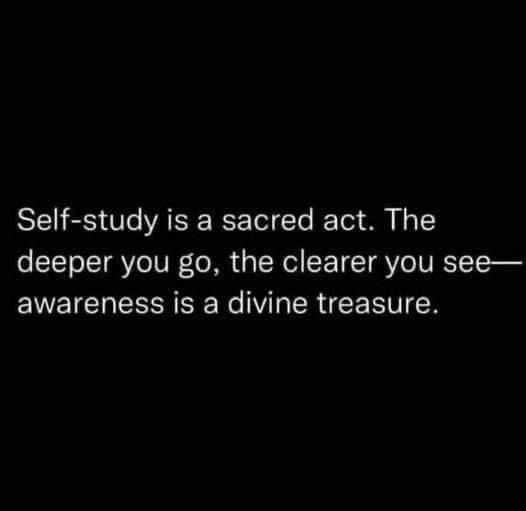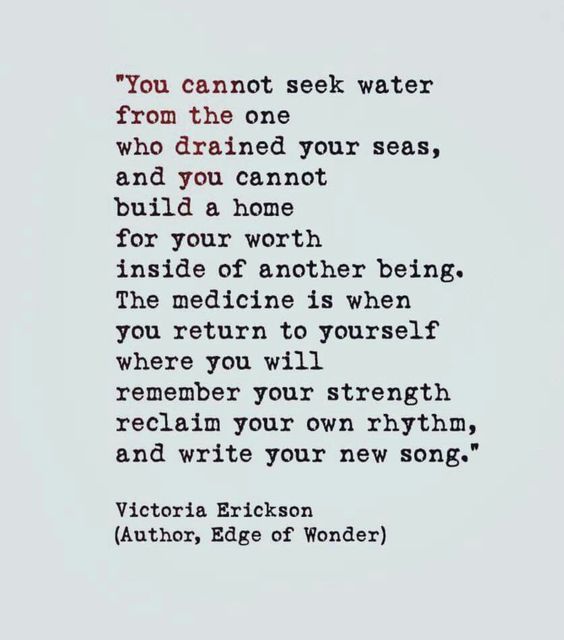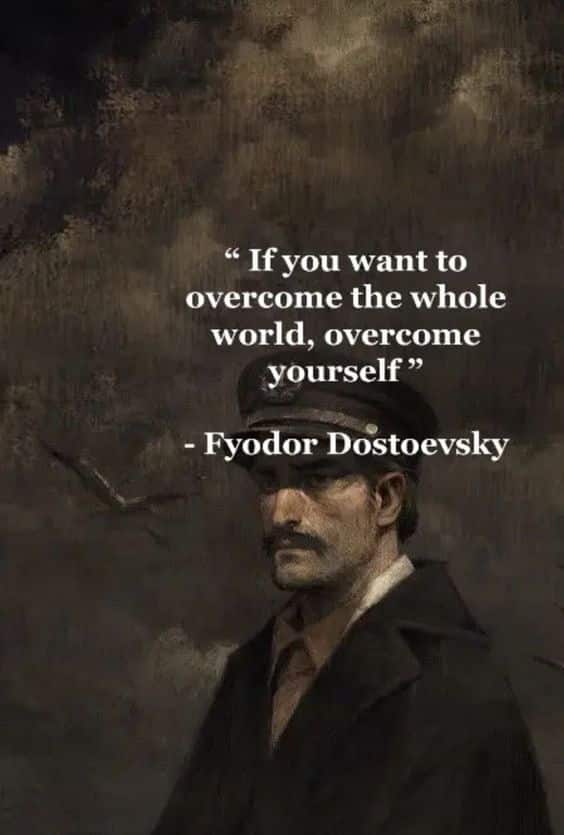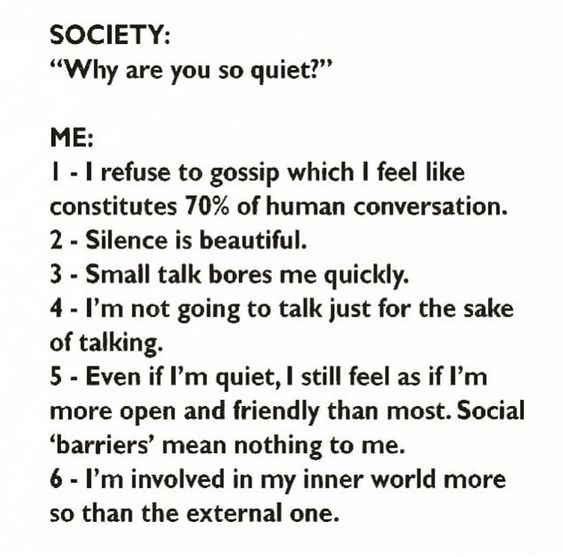“In trying to conform to [an] ideology, you suppress yourself—whereas what is actually true is not the ideology but what you are. If you try to study yourself according to another you will always remain a secondhand human being.”
J. Krishnamurti, Freedom From The Known (Page 17)
“Each man has his Enkidu, his other half, his hidden self. The more he is out of touch with his double the more a man’s life is an empty and unsatisfying burlesque. When such a man comes to me as a pilgrim/patient, then like the goddess, Aruru, I try to introduce him to his double, so that they may come to embrace one another. For one strong man who lives like a brute, there is the double of his own soft helplessness to be met. Without his weak and passive double, his capacity for tenderness and gentle touch is also lost. For another sort of half-man who meets the world as Mr. Nice Guy, there is the danger of living a life of self-degrading appeasement. In order to become free to assert himself when he needs to, he must first be introduced to the ruthlessly dangerous double of his undiscovered rage.”
Sheldon B. Kopp, If You Meet Buddha On The Road, Kill Him! (Page 32)
“We can’t address our thoughts and explore our minds when we’re preoccupied. Nor does just sitting in your home teach you anything. There are three ways I suggest you actively create space for reflection. First, on a daily basis I recommend you sit down to reflect on how the day went and what emotions you’re feeling. Second, once a month you can approximate the change that I found at the ashram by going someplace you’ve never been before to explore yourself in a different environment. This can be anything from visiting a park or library you’ve never been to before to taking a trip. Finally, get involved in something that’s meaningful to you—a hobby, a charity, a political cause.”
Jay Shetty, Think Like A Monk (Page 12)
Think Like A Monk [Book]
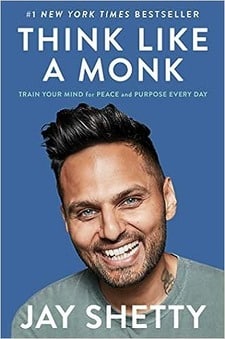
Book Overview: In this inspiring, empowering book, Shetty draws on his time as a monk to show us how we can clear the roadblocks to our potential and power. Combining ancient wisdom and his own rich experiences in the ashram, Think Like a Monk reveals how to overcome negative thoughts and habits, and access the calm and purpose that lie within all of us. He transforms abstract lessons into advice and exercises we can all apply to reduce stress, improve relationships, and give the gifts we find in ourselves to the world. Shetty proves that everyone can—and should—think like a monk.
Post(s) Inspired by this Book:
“No AI can ever replicate the feeling of July. The joy of freshly-made jam. The beauty of wildflowers climbing up your walkway. And, the way it feels when there is still so much possibility in the air. If you’ve been craving new possibility for yourself—my suggestion for you is this: Stop searching. Stop scrolling. Stop browsing. And go outside. Bring a notebook. Sit with nature. And ask yourself a simple question: What do I really want to do???“
Ash Ambirge
“As functioning members of society, we’re supposed to be ‘cool’ in our day-to-day interactions and subordinate our feelings to the task at hand. When we talk with someone with whom we don’t feel completely safe, our social editor jumps in on full alert and our guard is up. Writing is different. If you ask your editor to leave you alone for a while, things will come out that you had no idea were there. You are free to go into a sort of a trance state in which your pen (or keyboard) seems to channel whatever bubbles up from inside. You can connect those self-observing and narrative parts of your brain without worrying about the reception you’ll get.”
Bessel van der Kolk, The Body Keeps The Score (Page 240) | ★ Featured on this book list.
“We can never watch the same show twice. We can never listen to the same song twice. We can never get the same piece of advice twice. Because our experiences, our tastes, our understanding of the world has changed. But, those second and third and fourth encounters–those re-introspectings–are actually where the real insights and breakthroughs can come from. That’s when we can really get it. That’s when we might really come to get ourselves in the process.”
Ryan Holiday
“Philosophy is the essential, centering pursuit. It challenges us. It requires work and reflection and self-criticism. It requires that we hold ourselves to certain standards and that we hold ourselves to account when we fail to. It’s the real work, not the busy work. Philosophy is what birthed you, raised you, and continues to re-make you as life goes on. Don’t let some momentum in your other pursuits fool you into thinking you no longer need it. It’s home. Make sure you’re paying the proper respects. Make sure you’re going back often, so that today’s rhythm does not become tomorrow’s rut.”
Ryan Holiday, Daily Stoic Blog
“If you take your dreams as a reflection of the unconscious dynamics within you, you are most likely to get to the heart of the matter; if, however, you apply the dream on the external level, it usually turns out to be superficial. It is on the inner level that you can change life-patterns most profoundly; it is at the inner level that your dream is usually aimed.”
Robert A. Johnson, Inner Work (Page 67)
“Our culture teaches us to focus on the external world, so we jump to the conclusion that our dreams are talking about something on the outside. This is a collective prejudice we suffer from: We spontaneously assume that only the outer world has any importance. The true significance of the inner world becomes more clear when we begin to realize that almost everything we do, every reaction we have, every decision we make, every relationship we form, ultimately results from our inner qualities and inner dynamics. Everything is controlled by the huge energy systems that propel us from within, that determine most of what we think and do.”
Robert A. Johnson, Inner Work (Page 67)
“The disaster that has overtaken the modern world is the complete splitting off of the conscious mind from its roots in the unconscious. All the forms of interaction with the unconscious that nourished our ancestors—dreams, vision, ritual, and religious experience—are largely lost to us, dismissed by the modern mind as primitive or superstitious. Thus in our pride and hubris, our faith in our unassailable reason, we cut ourselves off from our origins in the unconscious and form the from the deepest parts of ourselves.”
Robert A. Johnson, Inner Work (Page 10)
“The purpose of learning to work with the unconscious is not just to resolve our conflicts or deal with our neuroses. We find there a deep source of renewal, growth, strength, and wisdom. We connect with the source of our evolving character; we cooperate with the process whereby we bring the total self together; we learn to tap that rich lode of energy and intelligence that waits within.”
Robert A. Johnson, Inner Work (Page 9)
“Each of us is building a life, building an edifice. Within each person the plan and the basic structure are established in a deep place in the unconscious. But we need to consult the unconscious and cooperate with it in order to realize the full potential that is built into us. And we have to face the challenges and painful changes that the process of inner growth always brings.”
Robert A. Johnson, Inner Work (Page 7)
